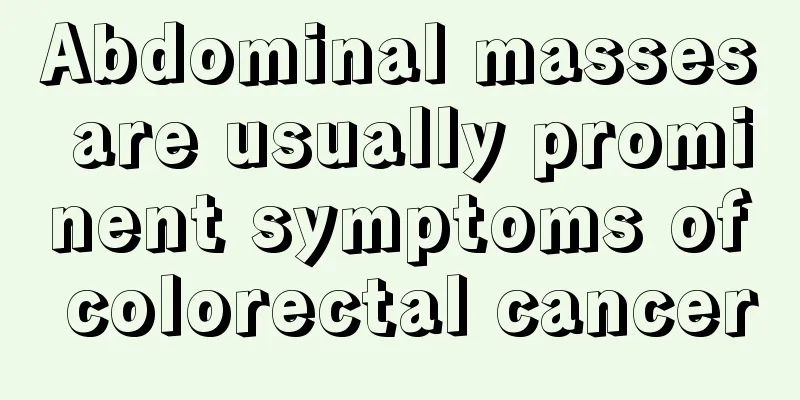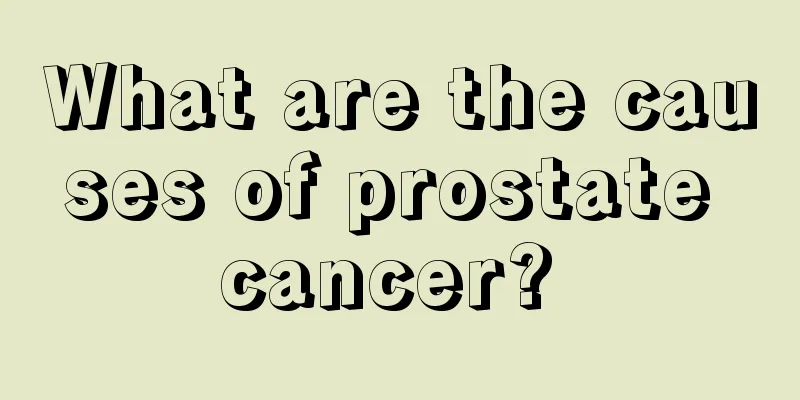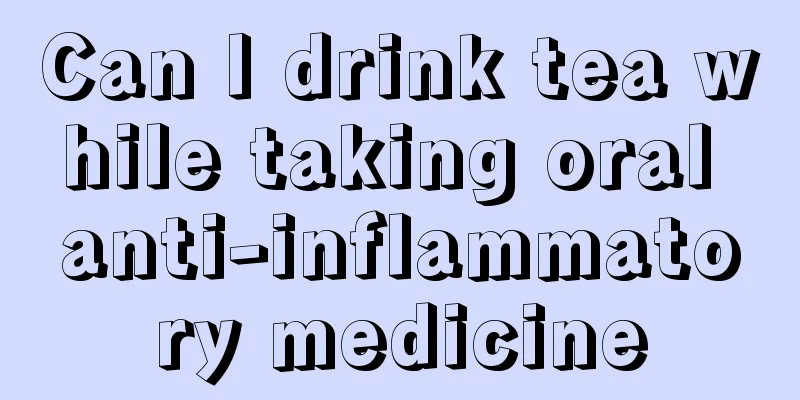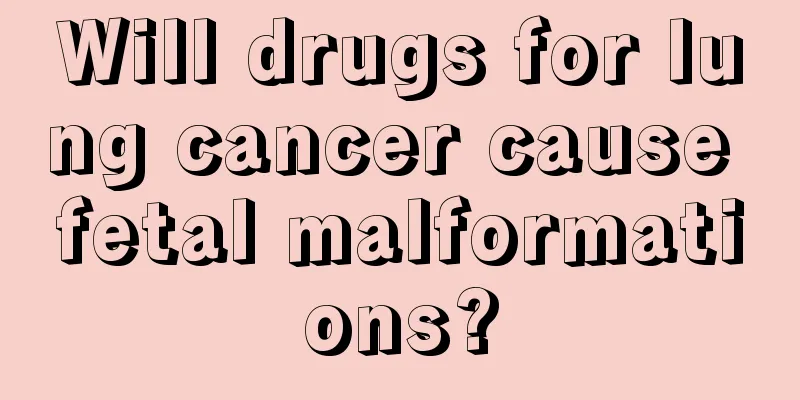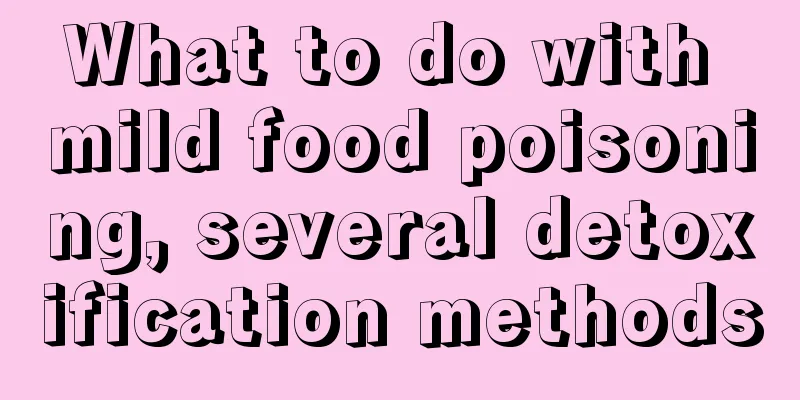Mortality rate of esophageal cancer

|
Disappointingly, the five-year survival rate of esophageal cancer is only 20.9%. Nine out of ten esophageal cancers in China are squamous cell carcinomas. Many esophageal cancer patients are already in the advanced stage when they are diagnosed, with rapid progression and poor prognosis. Guangdong is a province with a high incidence of esophageal cancer, and the population has a unique genetic background and lifestyle. Beware of five signs of esophageal cancer Signal 1: Feeling of tightness in the chest when eating. Signal 2: Burning sensation when eating. When swallowing food, you feel a burning or pricking sensation in the pit of your stomach. Signal 3: Foreign body sensation when eating. Recently, after swallowing food, I always feel that there are food residues attached to the esophageal wall and I can't swallow it. Signal 4: A feeling of stagnation when eating. When swallowing food, you feel that the food goes down slowly, not as smoothly as before, or even stops somewhere. Sometimes this feeling also occurs when drinking water. Signal 5: Friction when eating. You always feel that the food is not swallowed cleanly. Get rid of these bad habits and stay away from esophageal cancer Eating too hot too quickly Esophageal cancer is a common digestive system tumor. People who have such eating habits as eating too hot food and drinking too hot water should have regular gastroscopy. To prevent esophageal cancer, some bad eating habits must be corrected! Many people like to eat spicy strips, peppers, and hot sauces, but overly spicy food can easily damage the esophageal epithelium, causing epithelial cell degeneration, thereby affecting mucosal inflammation and cell nucleic acid metabolism. Therefore, long-term and repeated spicy stimulation increases the sensitivity of carcinogens and may promote esophageal cancer. Esophageal cancer in some areas may be caused by "scalding". For example, people in the Chaoshan area of southeastern coastal areas of my country love to drink "Kung Fu Tea", which is also drunk while hot; and the descendants of Fujian people who immigrated to Singapore still have the habit of drinking hot drinks. The incidence of esophageal cancer in these areas is higher than those in areas where people do not drink hot tea. Whether it is the oral or gastrointestinal mucosal epithelium, or the inner wall of the esophagus, the normal tolerable temperature is 40℃-60℃. Once it is subjected to heat stimulation above 50℃-60℃, it is easy to be damaged and more likely to be scalded. Long-term and repeated stimulation will damage the "mucosal barrier" of the human esophagus, causing the edematous mucosa to undergo atypical changes and atypical hyperplasia, which will eventually lead to cancer. Love pickled foods In areas of my country where esophageal cancer is prevalent, the locals' intake of nitrosamines is significantly higher than in other areas. Nitrosamine compounds are mainly found in pickled foods, barbecued foods, smoked foods, fried foods, moldy foods, and overnight meals. People who consume foods with high nitrosamine content for a long time are more likely to develop esophageal cancer. Love late night snacks If the interval between eating and sleeping is too short, it will increase the chance of acid reflux. Acid reflux not only brings the discomfort of "heartburn", but also damages the esophagus. If the esophageal mucosa is stimulated by gastric acid for a long time, it may produce the so-called "atypical hyperplasia", which gradually develops into precancerous lesions, thereby increasing the risk of esophageal cancer. Life Advice High-risk groups should undergo regular cancer prevention physical examinations: middle-aged and elderly people aged 45-65; people with poor eating habits; smokers and drinkers; and those with a family history of cancer should all undergo regular endoscopic examinations for early detection, early diagnosis, and early treatment. Eat whole grains: Norwegian scientists have found that eating whole grains can reduce the risk of esophageal cancer. Compared with those who eat the least whole grains, those who eat the most whole grains have a 45% lower risk of esophageal cancer. Common whole grains, such as oats, millet, rhubarb rice, black rice, whole wheat, sorghum, mung beans, red beans, etc., are actually very good whole grains. Eat fresh fruits and vegetables every day: Epidemiological surveys show that fresh fruits and vegetables such as carrots and tomatoes are rich in vitamin C, which can inhibit the synthesis of nitrosamines. The rich chlorophyll in green vegetables can reduce the body's absorption of aflatoxin. The organic sulfides in garlic, green onions, and onions have anti-tumor biological activity. Quit smoking and drinking: The current view of the World Health Organization is that 10% of the occurrence of the disease is related to genetics, 60% is related to the environment, and 30% is related to lifestyle habits. In addition to foods containing direct carcinogens such as pickled products, esophageal cancer has a clear dose-effect relationship with the amount of alcohol consumed and the strength of the alcohol. Tobacco and alcohol are the primary pathogenic factors of esophageal cancer, and the risk of developing esophageal cancer for smokers and alcoholics is dozens of times higher than that of smokers or alcoholics alone. Eat less brightly colored cooked red meat products: Testing has shown that cooked red meat contains a relatively high level of nitrite, which can be converted into nitrosamines. Nitrosamines are strong carcinogens, and the incidence of esophageal cancer is related to the amount of nitrosamines ingested in the diet. Maintain a normal weight: There is evidence that obesity is a risk factor for many cancers, including esophageal cancer. Esophageal cancer is very harmful, difficult to treat, and causes greater pain to patients. We should start from the little things, nip it in the bud, improve our lifestyle habits, and stay healthy. |
<<: How long will it take to die after radiotherapy for esophageal cancer
>>: How long can one live with advanced esophageal cancer
Recommend
The dangers of not treating ovarian cancer in women
What are the dangers of not treating ovarian canc...
Understand the symptoms of liver cancer and get the best treatment as early as possible
Liver cancer is the most common type of malignant...
What does Grain in Ear mean and when does it occur?
Among the songs about the twenty-four solar terms...
What does negative urine occult blood mean?
Occult blood in urine is a common sexual disease....
Can quitting smoking help you gain weight?
Many people believe that quitting smoking can hel...
How to make tea from mulberry leaves
Mulberry leaves are very familiar to us. Mulberry...
How to treat weekend anxiety?
Nowadays, with the increasing pressure of society...
Is acupuncture useful for long-term vascular headaches?
Acupuncture is the essence of traditional Chinese...
How to use tampons
For women, there are a few days every month, that...
How harmful is glioma to humans?
Glioma is a common intracranial malignant tumor i...
How to make mustard
Mustard is one of the important condiments in Jap...
What harm does electric welding do to the eyes
People should know that electric welding eye inju...
Can lymphoma be cured?
Can lymphoma be cured? It has always been a quest...
What are the causes of primary liver cancer
The occurrence of primary liver cancer is related...
Can raw peanuts be put in the refrigerator?
A lot of food will spoil if we don't eat it i...

